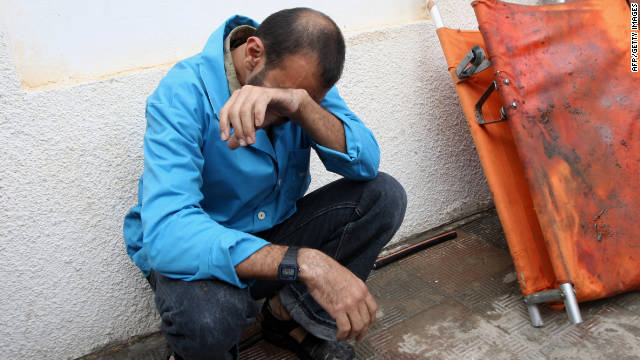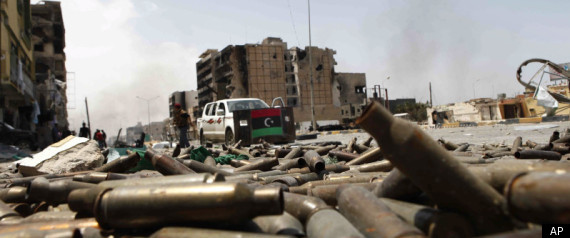By Greg Donaldson
Impunity Watch Reporter, Asia
JAYAPURA, Indonesia – On October 19, 2011, approximately 1,000 Papuans gathered for a peaceful pro-independence rally in the Papua provincial capital. However, the demonstration turned violent as Indonesian police and the army arrived and fired warning shots to disperse those in attendance.

Witnesses explained that people either began running or immediately surrendered by putting their hands up. Approximately 300 people were arrested. Upon arrest detainees were ordered to take their clothes off and stood in their underwear while police reportedly beat them with pistols, canes and batons.
The army and police pursued those who ran into the nearby wooded area and made several more arrests. It has been confirmed that at least three people died during the crackdown while the Australian Broadcasting Company reports that six people died during the incident. Of the three confirmed dead, witnesses established two of them were shot by the army or police.
Daniel Kadepa, a twenty-five year old law student was shot in the head as he ran away from soldiers. Yakobus Samansabra had bullet wounds to his torso reportedly in the back. The Indonesian Government denies the deaths took place near the rally and were caused by bullets. Instead the government claims the injuries and deaths were caused by a sharp object.
Everyone who was arrested at the event has been released with the exception of six individuals. Five of those individuals are charged with treason and one is charged with possession of a sharp weapon.
Human Rights Watch has called on President Susilo Bambang Yudhoyono for the “immediate establishment of an independent investigation into the deaths of the protestors and the ongoing violence in Papua.”
John Baransano, a Protestant minister in Jayapura who was present at the rally, cries for international help. “I call on the churches around the world to care about this. I’m calling for an intervention for us because today’s events show that we need a transitional government and this needs to happen to help the people of Papua,” he said. “We are now in a dangerous situation and we’re calling for a UN intervention to help us.”
The government appears prepared to resolve its differences with the Papuans. On Thursday President Yudhoyono told cabinet members “we have tried to solve the problem using a security approach, but that did not work. Now we will focus on the prosperity of our brothers and sisters.”
Many believe a dialogue between the two parties is essential to ending violence in the region.
For more information, please see:
Jakarta Globe – Activists Call for Dialogue on Papua’s Future – 30 October 2011
Australia Broadcasting Company — Video Shows Aftermath of Papua Crackdown — 28 October 2011
Human Rights Watch – Indonesia: Independent Investigation Needed Into Papa Violence – 28 October 2011
Jakarta Post – Govt ‘Not to Use Force’ to End Violence – 28 October 2011



